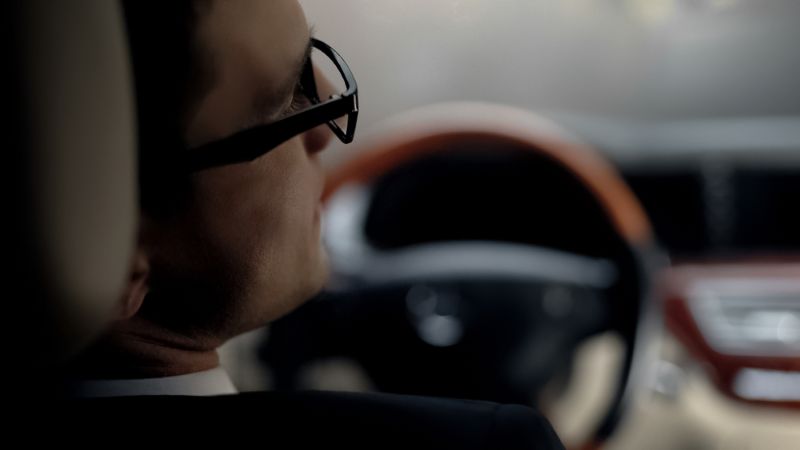Few things spike your blood pressure like flashing lights in the rearview mirror. Whether you’re pulled over for speeding, a broken taillight, or running a stop sign, it’s easy to feel anxious and unsure. But what happens next could affect your future far beyond a simple ticket, especially if the officer asks to search your vehicle.
Many drivers in Missouri don’t realize that they have legal rights during a traffic stop, including the right to refuse a vehicle search in most cases. Understanding when a search is allowed and when it’s not can make all the difference in protecting yourself from unlawful searches or criminal charges based on improperly obtained evidence.
The U.S. Constitution protects against "unreasonable searches and seizures" under the Fourth Amendment. This means that police officers generally need one of three things to legally search your vehicle:
Traffic stops are limited in scope. An officer can ask for your license, registration, and proof of insurance. They can also run your plates and check for outstanding warrants. But without one of the legal grounds above, they cannot simply go digging through your car.
Probable cause is a critical concept in criminal law. During a stop, it refers to the officer having a reasonable basis to believe a crime has been committed. This doesn’t mean a hunch or vague suspicion; it must be based on observable facts. Some examples of what might give an officer probable cause to search your vehicle include:
Without these types of triggers, the officer likely does not have the legal authority to conduct a search.
Here’s where many people run into trouble: they think they have no choice but to say yes when an officer asks, “Do you mind if I take a look in your car?” In reality, you absolutely have the right to say no. And unless the officer has probable cause or another legal justification, refusing a search cannot be held against you in court.
Unfortunately, officers are often trained to ask casually or make the request sound routine, which leads many people to consent without fully understanding the consequences. If you say yes, even if pressured, it becomes a “voluntary search,” and any evidence found can legally be used against you.
That’s why it’s crucial to calmly and respectfully say, “I do not consent to any searches.” Saying this establishes your Fourth Amendment rights and forces the officer to proceed lawfully.

If you're arrested during a traffic stop, for example, due to an outstanding warrant or driving under the influence, then yes, the police can search your vehicle. This is known as a "search incident to arrest," and it's designed to protect officer safety and preserve evidence.
However, there are limits. The search must be directly related to the arrest, and the scope of the search is not unlimited. If your arrest was unlawful, any evidence found in the vehicle may also be inadmissible in court.
If your car is impounded, law enforcement is typically allowed to conduct an “inventory search” of the vehicle’s contents. This process is supposed to document property in the vehicle to prevent claims of theft or damage, but sometimes evidence found in an inventory search is used in criminal cases.
Even in these cases, officers must follow department policy closely. If the impoundment was unnecessary or done in bad faith just to justify a search, the evidence may still be challenged in court.
Over the years, our firm has seen many cases where evidence was thrown out due to illegal searches. Here are some common examples:
Missouri courts take Fourth Amendment violations seriously, and if the search is found to be unconstitutional, any evidence collected may be suppressed, meaning the prosecution can’t use it against you.
Our traffic violation attorneys have successfully challenged numerous unlawful searches and gotten charges reduced or dismissed as a result.
If you’re pulled over in Missouri and feel things are escalating, remember these key points:
Always keep in mind that the side of the road is not the place to argue your rights; that’s what court is for. But asserting your rights respectfully in the moment can make a huge difference later on.
If you believe your rights were violated during a traffic stop or vehicle search, don’t wait to get legal help. Even if you were charged with a crime or arrested, that doesn’t mean the evidence against you was obtained legally. We can review body cam footage, dash cam video, police reports, and the officer’s behavior to identify potential violations.
Contact Bert Fulk Law today for a confidential review of your traffic stop or criminal charge. We’re ready to fight for your rights and we know how to hold law enforcement accountable when they cross the line.







Copyright © 2025 Bert Fulk Attorney At Law | XML Sitemap | HTML Sitemap
